
Grand Gaube: Jewel of Mauritius
Grand Gaube, located on the northern coast of Mauritius, is a serene fishing village that offers a peaceful retreat away from the bustling tourist hubs. Known for its unspoiled beaches and crystal-clear waters, this charming locale is perfect for those looking to unwind and soak in the natural beauty of the island. The village is dotted with cozy guesthouses and luxurious resorts, offering stunning views of the Indian Ocean. The coastal area is ideal for a variety of water activities, including snorkeling, kayaking, and fishing. The coral reefs just offshore provide a vibrant underwater world that is a must-see for marine life enthusiasts. Grand Gaube is also rich in culture and history. The local community is warm and welcoming, and visitors can enjoy a taste of authentic Mauritian life. Traditional fishing boats line the shores, and the local markets are filled with fresh produce and handmade crafts. The village is also home to several historical sites, including ancient ruins and colonial-era buildings that tell the story of Mauritius' diverse heritage. For those who love nature, the surrounding area offers lush landscapes and scenic hiking trails. The nearby forested areas are home to a variety of wildlife and offer a tranquil escape for nature lovers. Whether you're exploring the coastline or venturing inland, Grand Gaube provides a perfect blend of relaxation and adventure.
Local tips in Grand Gaube
- Visit during the off-peak season for a more peaceful experience and lower prices.
- Try the local seafood at small, family-run restaurants for an authentic taste of Mauritian cuisine.
- Bring your snorkeling gear to explore the colorful coral reefs just off the coast.
- Rent a bike to explore the village and its scenic surroundings at your own pace.
- Visit the local markets early in the morning to catch the freshest produce and seafood.
Grand Gaube: Jewel of Mauritius
Grand Gaube, located on the northern coast of Mauritius, is a serene fishing village that offers a peaceful retreat away from the bustling tourist hubs. Known for its unspoiled beaches and crystal-clear waters, this charming locale is perfect for those looking to unwind and soak in the natural beauty of the island. The village is dotted with cozy guesthouses and luxurious resorts, offering stunning views of the Indian Ocean. The coastal area is ideal for a variety of water activities, including snorkeling, kayaking, and fishing. The coral reefs just offshore provide a vibrant underwater world that is a must-see for marine life enthusiasts. Grand Gaube is also rich in culture and history. The local community is warm and welcoming, and visitors can enjoy a taste of authentic Mauritian life. Traditional fishing boats line the shores, and the local markets are filled with fresh produce and handmade crafts. The village is also home to several historical sites, including ancient ruins and colonial-era buildings that tell the story of Mauritius' diverse heritage. For those who love nature, the surrounding area offers lush landscapes and scenic hiking trails. The nearby forested areas are home to a variety of wildlife and offer a tranquil escape for nature lovers. Whether you're exploring the coastline or venturing inland, Grand Gaube provides a perfect blend of relaxation and adventure.
When is the best time to go to Grand Gaube?
Iconic landmarks you can’t miss
Chamarel Seven Colored Earth Geopark
Experience the breathtaking beauty of the Chamarel Seven Colored Earth Geopark, a natural wonder showcasing vibrant dunes in the heart of Mauritius.
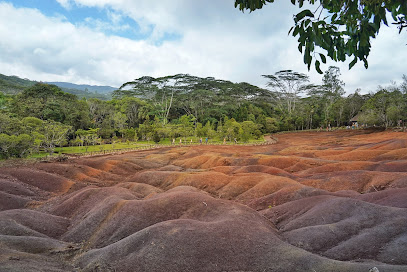
Notre-Dame Auxiliatrice de Cap Malheureux
Discover the breathtaking Notre-Dame Auxiliatrice de Cap Malheureux, a stunning Catholic church offering picturesque views and rich cultural heritage in Mauritius.
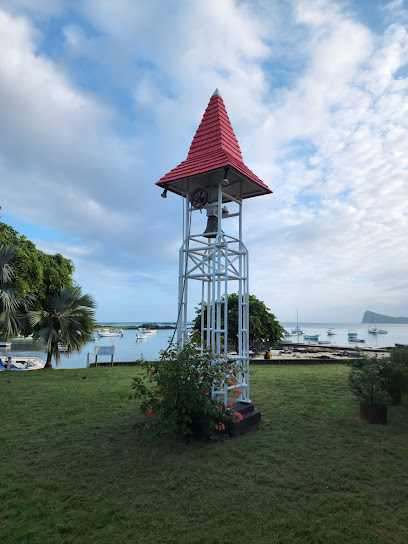
LUX Grand Gaube
Experience luxury and tranquility at LUX Grand Gaube, a premier resort hotel in Mauritius offering stunning views, gourmet vegan dining, and endless adventures.
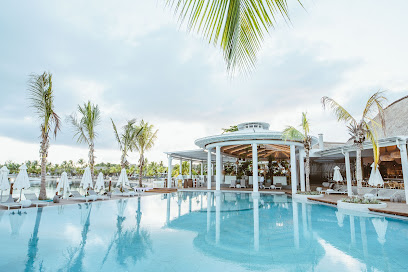
Citadelle (Fort Adelaide)
Discover the historical charm and stunning views at Citadelle, Fort Adelaide, a captivating fortress in the heart of Port Louis, Mauritius.
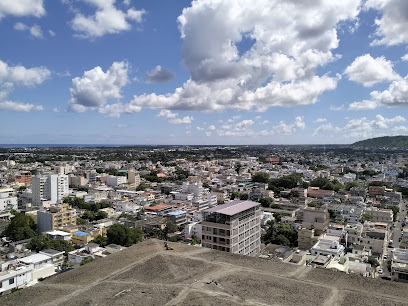
Veranda Paul et Virginie Hotel & Spa
Discover the serene beauty and luxury of Veranda Paul et Virginie Hotel & Spa in Mauritius, where relaxation meets local culture in a breathtaking setting.
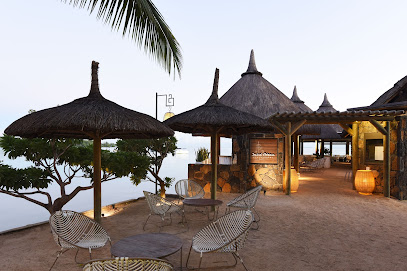
La Margherita Pizzeria
Experience authentic Italian pizza in Calodyne at La Margherita Pizzeria, a culinary haven for food lovers seeking genuine flavors.
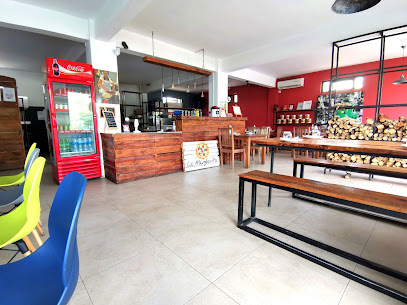
Butte À L'herbe
Discover the hidden gem of Butte À L'herbe in Calodyne, Mauritius – a serene beach paradise for relaxation and adventure.
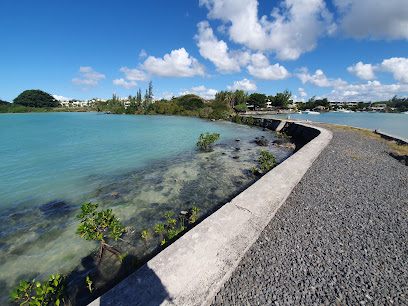
Martello Tower Museum
Explore the rich maritime history at the Martello Tower Museum in Black River, a captivating national museum that showcases iconic coastal defenses.
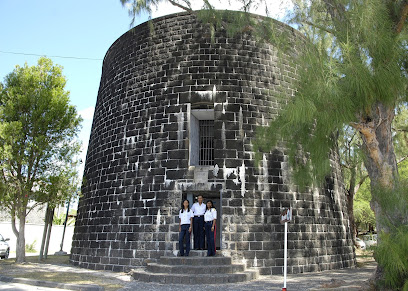
Mythic Suites & Villas - Conciergery & Resort - Mauritius
Discover unparalleled luxury at Mythic Suites & Villas, where stunning ocean views and world-class amenities await in beautiful Mauritius.
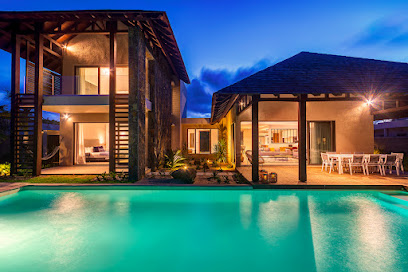
Coral Apartments
Discover the serene beauty of Coral Apartments in Grand Gaube, Mauritius, where comfort meets the stunning coastal landscape.
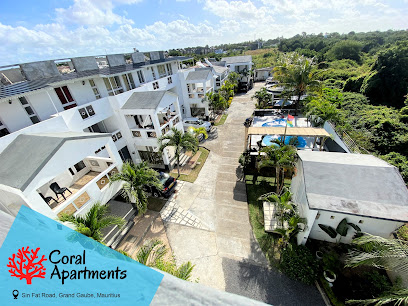
At Linda's Place Restaurant and Rum Bar
Experience the authentic flavors of Mauritius at At Linda's Place Restaurant and Rum Bar, where every meal is a delightful journey into local culinary traditions.
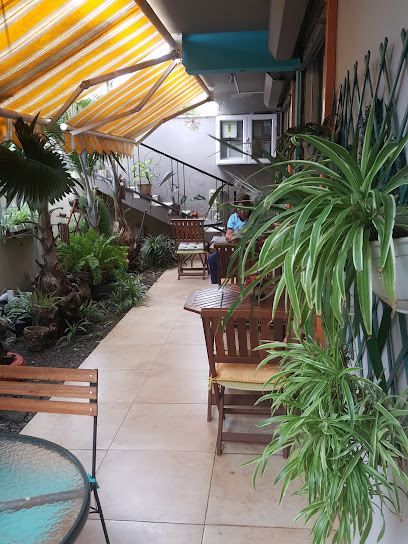
Bodrum Blue
Experience authentic Turkish cuisine at Bodrum Blue, a vibrant restaurant in Grand Gaube, Mauritius, offering stunning views and exceptional flavors.
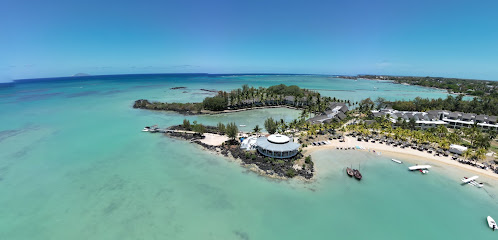
Slave Route Monument
Explore the Slave Route Monument in Mauritius, a poignant tribute to resilience and a key cultural landmark amidst stunning natural beauty.
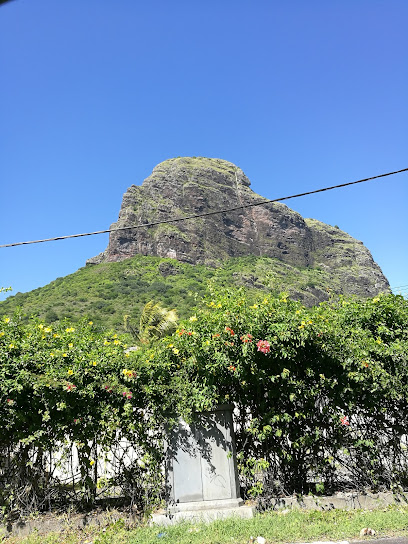
Grand Gaube Public Beach
Experience the tranquility of Grand Gaube Public Beach, a serene paradise with golden sands and crystal-clear waters in Mauritius.
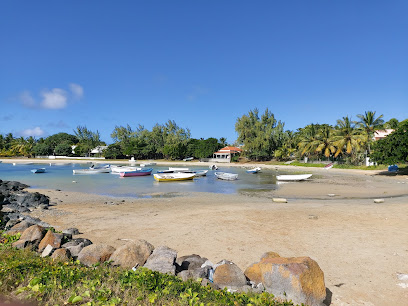
Dodo Divers
Experience the vibrant underwater world of Mauritius with Dodo Divers, your premier diving center in Grand Gaube, offering adventures for all skill levels.
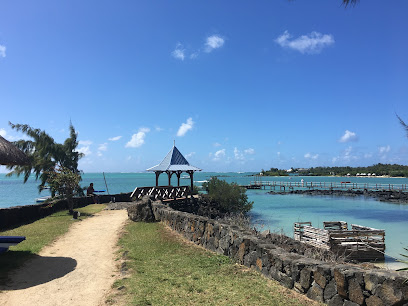
Unmissable attractions to see
Sir Seewoosagur Ramgoolam Botanical Garden
Explore the lush beauty of Sir Seewoosagur Ramgoolam Botanical Garden, a tropical paradise filled with exotic plants and rich history in Mauritius.
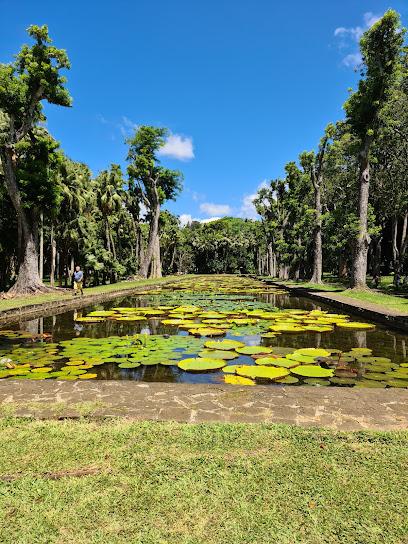
Central Market
Discover the vibrant Central Market in Port Louis, where local culture, delicious food, and unique crafts await your exploration.
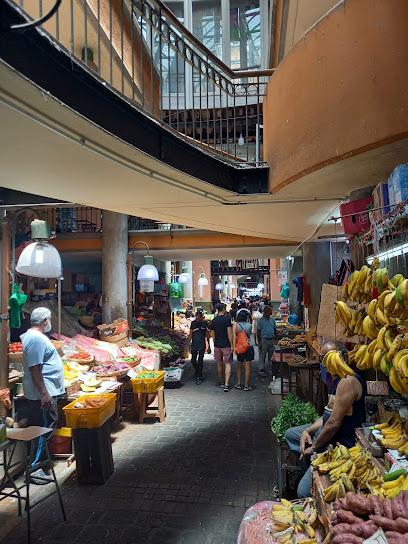
Notre-Dame Auxiliatrice de Cap Malheureux
Explore the enchanting Notre-Dame Auxiliatrice de Cap Malheureux, a stunning Catholic church offering breathtaking ocean views and a serene atmosphere.
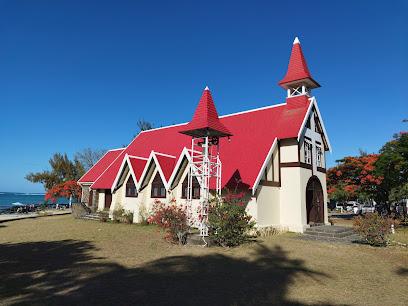
L'Aventure du Sucre
Explore the rich sugar heritage of Mauritius at L'Aventure du Sucre, a captivating museum showcasing the island's sweet history and culture.
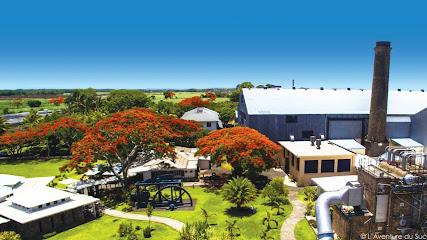
Mon Choisy Public Beach
Discover the breathtaking beauty of Mon Choisy Public Beach in Mauritius, where golden sands meet crystal-clear waters for the ultimate beach experience.
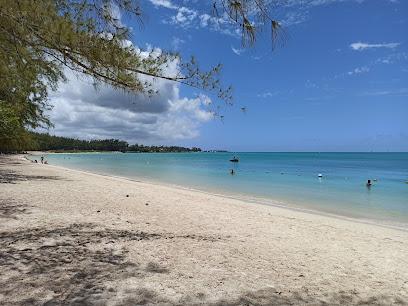
Champ de Mars
Discover the excitement of horse racing at Champ de Mars, the oldest racecourse in the Southern Hemisphere, in the vibrant heart of Port Louis.
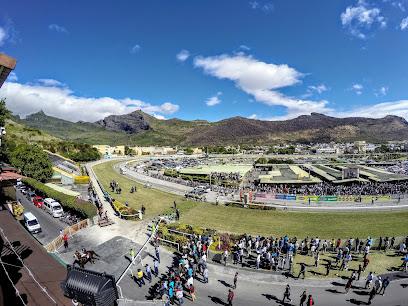
Pereybere Public Beach
Discover the beauty of Pereybere Public Beach in Grand Baie, Mauritius - a tropical paradise perfect for relaxation and adventure.
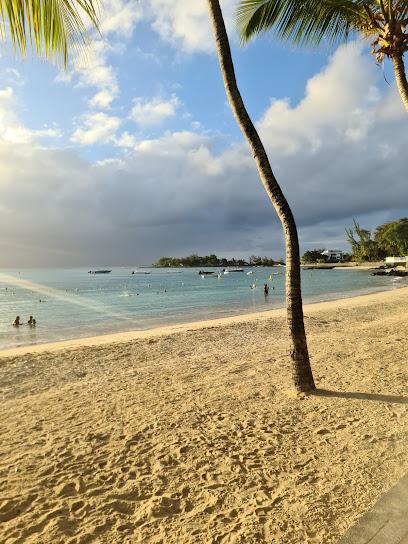
Citadelle (Fort Adelaide)
Discover the historic Citadelle (Fort Adelaide) in Port Louis, a fortress offering breathtaking views, rich history, and a glimpse of Mauritius' vibrant culture.
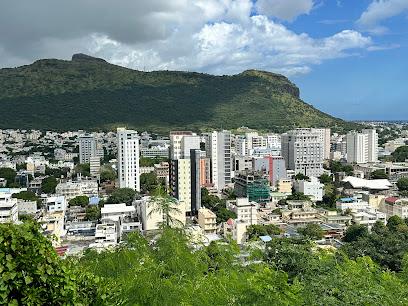
Château de Labourdonnais
Explore the enchanting Château de Labourdonnais, a cultural gem in Mauritius showcasing colonial history and lush gardens.
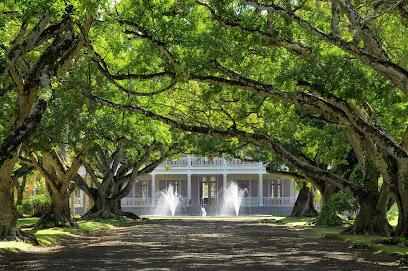
Pereybere Beach
Experience the breathtaking beauty and vibrant culture of Pereybere Beach in Grand Baie, Mauritius, the ultimate tropical getaway for relaxation and adventure.
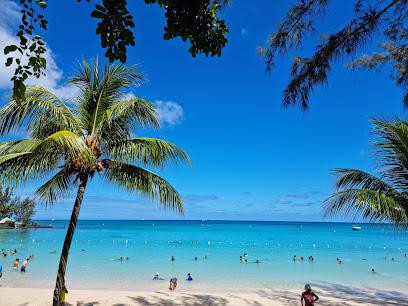
La Cuvette Public Beach
Experience the idyllic beauty of La Cuvette Public Beach in Grand Baie, a true paradise for relaxation and adventure in Mauritius.
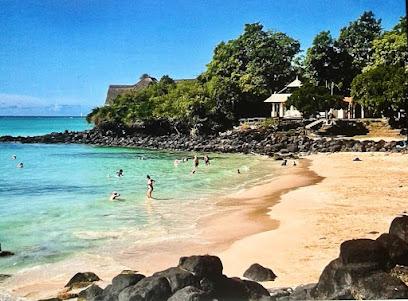
Trou aux Biches Beach
Discover the serene beauty of Trou aux Biches Beach, Mauritius: soft sands, crystal-clear waters, and a perfect retreat for relaxation and adventure.
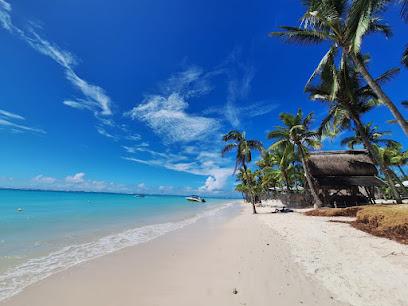
Jummah Masjid
Immerse yourself in the cultural richness of Mauritius at the stunning Jummah Masjid in Port Louis, a true architectural masterpiece.
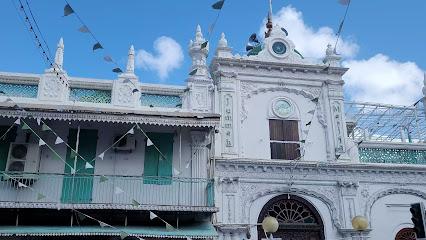
GRSE Waterfall
Explore the stunning GRSE Waterfall in Grand River South East, Mauritius - a mesmerizing natural wonder perfect for nature lovers and adventure seekers.
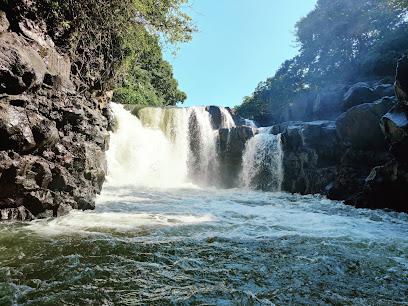
Bain Boeuf Public Beach
Experience the breathtaking beauty and local charm of Cap Malheureux, Mauritius, where stunning beaches and vibrant culture await every visitor.
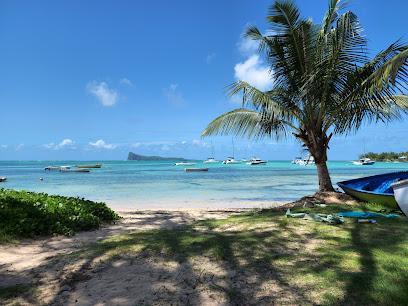
Essential places to dine
LUX Grand Gaube
Experience luxury and tranquility at LUX Grand Gaube, a premier resort hotel in Mauritius offering stunning beaches and exquisite vegan dining.
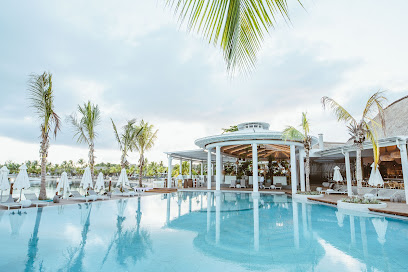
La Margherita Pizzeria
Discover authentic Italian flavors at La Margherita Pizzeria in Calodyne—where every pizza is crafted with love and tradition.

La Demeure Saint Antoine
Experience the charm of La Demeure Saint Antoine in Goodlands - where delightful cuisine meets cozy accommodations amidst Mauritian beauty.
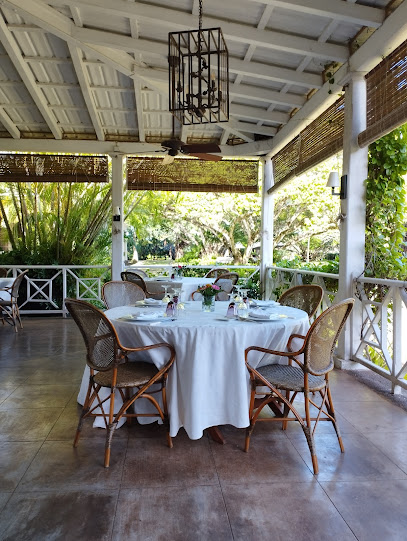
Kerali Restaurant & Bar
Experience the rich tapestry of Indian flavors at Kerali Restaurant & Bar in Calodyne – where every meal is a celebration.
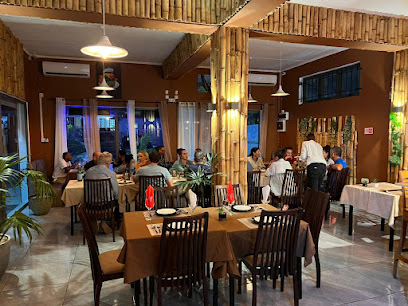
At Linda's Place Restaurant and Rum Bar
Discover authentic Mauritian cuisine at Linda's Place Restaurant and Rum Bar in Grand Gaube – where every dish tells a story.
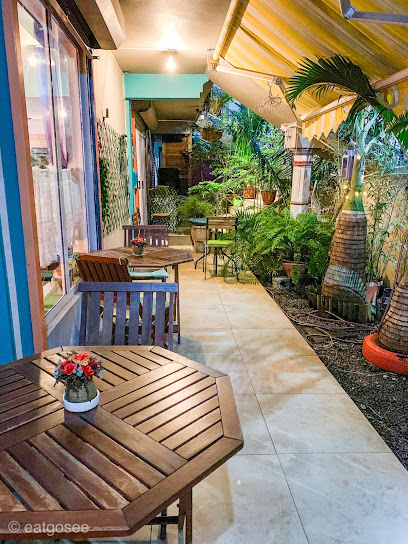
Bodrum Blue
Discover authentic Turkish cuisine at Bodrum Blue in Grand Gaube – where every dish tells a story amidst stunning coastal views.
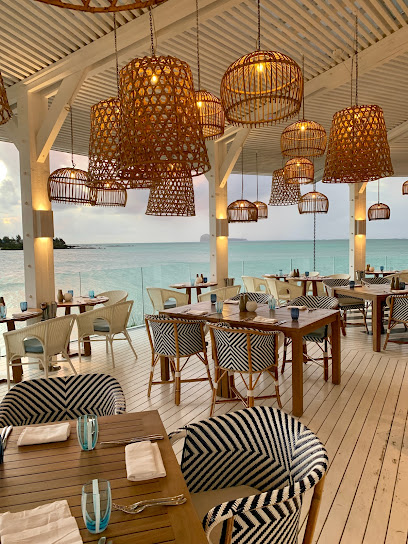
Le Moment De Plaisir Snack
Experience authentic Mauritian flavors at Le Moment De Plaisir Snack in Calodyne—where every meal tells a story.
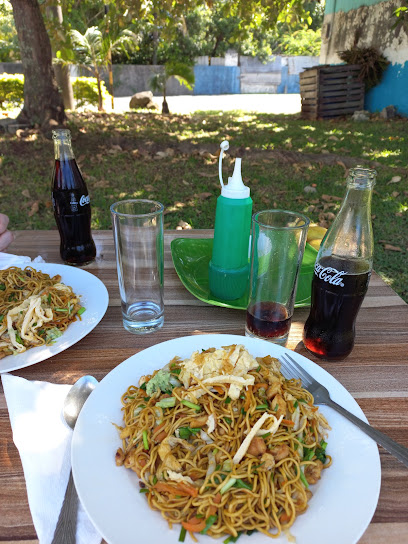
Resto di sab
Experience the vibrant flavors of Mauritius at Resto di Sab in Grand Gaube, where culinary tradition meets modern flair.
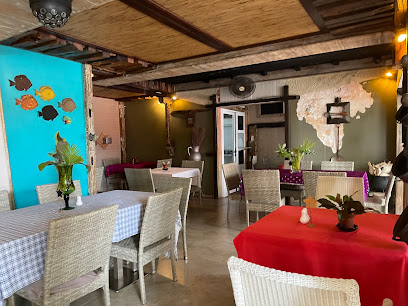
Inti
Experience extraordinary Mauritian cuisine at Inti in Grand Gaube - where every dish tells a story.
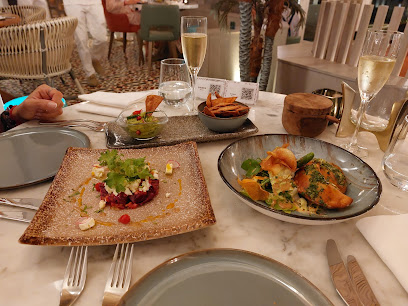
L'Atelier - Authentic Food & Selected wines
Discover the culinary excellence of L'Atelier in Grand Gaube—where authentic flavors meet selected wines for an unforgettable dining experience.
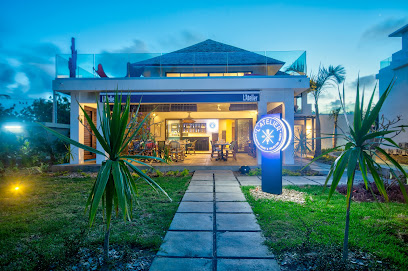
Lor Disab Restaurant (Zilwa Attitude)
Experience exquisite Mauritian cuisine at Lor Disab Restaurant in Calodyne, where every meal is complemented by breathtaking ocean views.
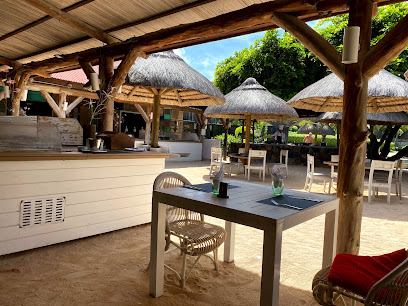
Creole Smoke House
Experience authentic Mauritian flavors at Creole Smoke House in Grand Gaube—where every dish tells a story.
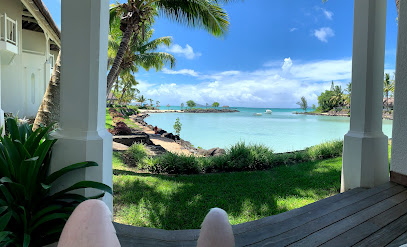
LB Burgers
Experience mouthwatering gourmet burgers at LB Burgers in Grand Gaube – where flavor meets quality in every bite.
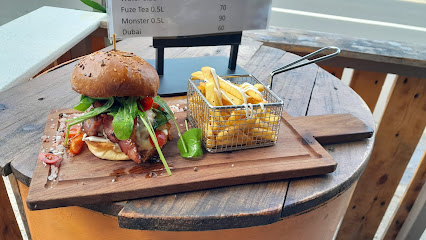
La Costa
Discover La Costa in Grand Gaube: A delightful restaurant offering authentic Mauritian cuisine with stunning ocean views.
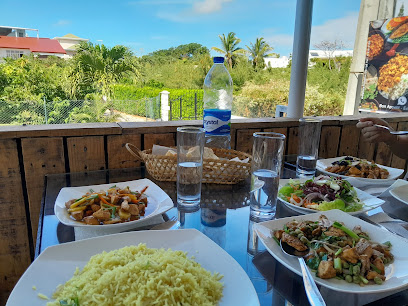
La Friandise village de Grand Gaube
Discover La Friandise in Grand Gaube for an authentic taste of Mauritian cuisine amidst stunning coastal scenery.
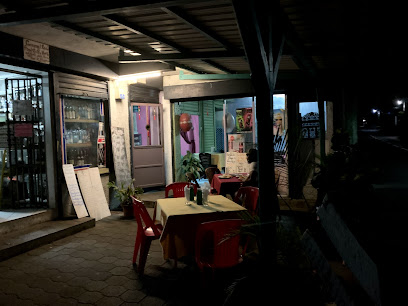
Markets, malls and hidden boutiques
PATISSERIE BRIOCHE D'OR Sub Branch
Discover the sweet side of Grand Gaube at Patisserie Brioche d'Or, where traditional Mauritian pastries meet French culinary artistry.
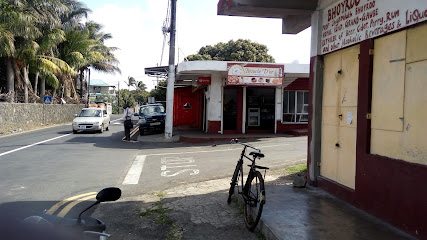
Gourmandise de val
Discover the sweet side of Mauritius at Gourmandise de Val, where exquisite pastries and delightful flavors await every visitor.
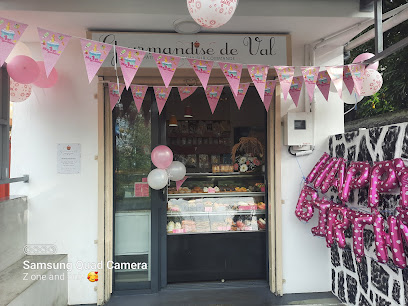
Grand Gaube Store
Experience the vibrant local culture at Grand Gaube Store, where Mauritian charm meets unique shopping delights.
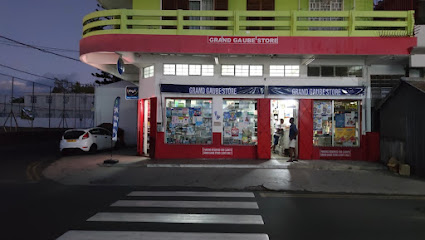
Shyam Boutique Ltd amallysapartment
Experience the heart of Mauritian culture at Shyam Boutique Ltd, your go-to grocery store in Grand Gaube for local and international delights.
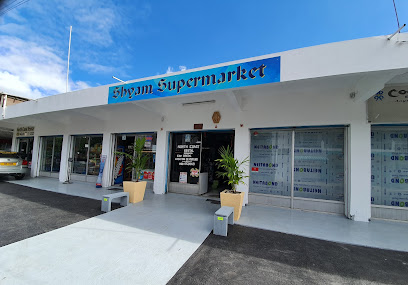
KY Flowers
Experience the enchanting world of floral artistry at KY Flowers in Grand Gaube, where every bloom tells a story of Mauritius' natural beauty.
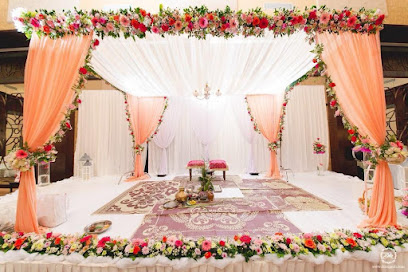
Devika JUGDOYAL
Discover the rich flavors of Mauritius at Devika JUGDOYAL, your go-to butcher shop in Grand Gaube for fresh, locally sourced meats.
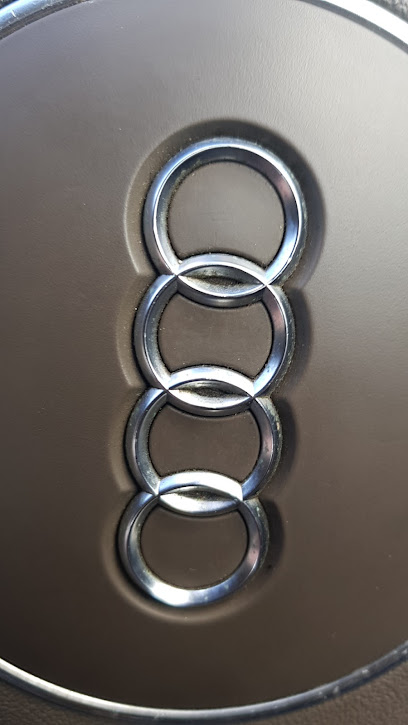
Basing hill shop
Explore Basing Hill Shop in Calodyne for all your grocery needs, from snacks to souvenirs, while experiencing local charm in Grand Gaube.
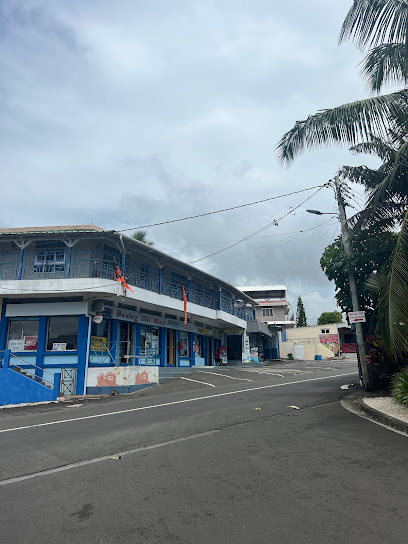
La superette
Discover La Superette in Grand Gaube for all your travel essentials, local snacks, and beverages in a friendly atmosphere.
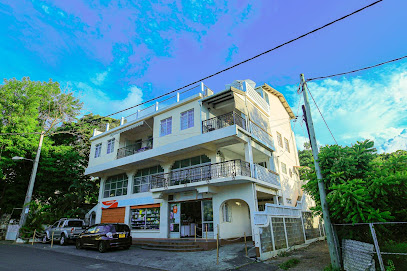
Quincaillerie Grand Gaube
Explore the unique offerings of Quincaillerie Grand Gaube, a charming building materials store showcasing local craftsmanship in beautiful Grand Gaube, Mauritius.

Tabagie shakti
Experience local shopping at Tabagie Shakti, the general store in Grand Gaube offering Mauritian essentials and unique souvenirs.

Paradis boutique
Experience the vibrant shopping scene at Paradis Boutique in Grand Gaube, where local charm meets convenience in a delightful atmosphere.
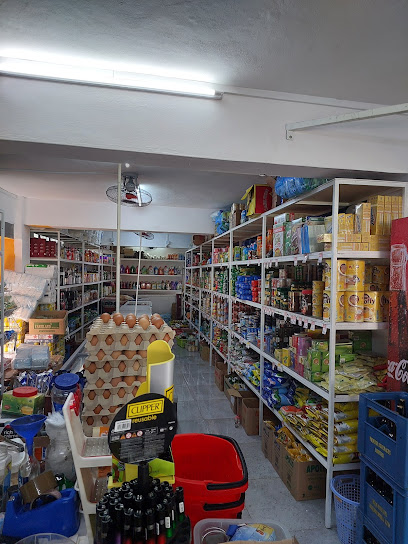
PVteam Automation
Explore PVteam Automation in Grand Gaube for the latest in electronics and innovative tech solutions, blending local charm with cutting-edge products.

South Africa Meat Market
Experience the authentic flavors of South Africa at the Meat Market in Grand Gaube—where quality meats and local culture come together.

Légumes Lokal
Explore the vibrant produce market of Légumes Lokal in Grand Gaube, where fresh flavors and local culture come together in a delightful shopping experience.
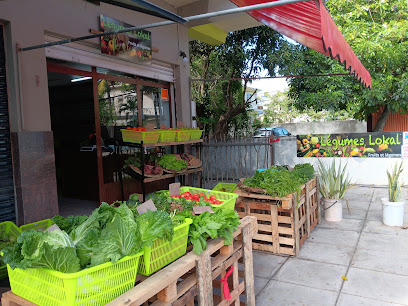
BAD ATTITUDE TATTOO
Discover exceptional artistry at BAD ATTITUDE TATTOO in Grand Gaube, Mauritius, where your tattoo dreams come to life with skill and professionalism.

Essential bars & hidden hideouts
The Cloud - Rooftop & Lounge Bar
Discover The Cloud Rooftop & Lounge Bar in Grand Baie, where stunning views, delicious cocktails, and a vibrant atmosphere await you.
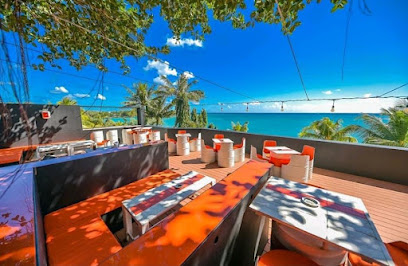
At Linda's Place Restaurant and Rum Bar
Experience the authentic taste of Mauritius at Linda's Place Restaurant and Rum Bar in Grand Gaube, renowned for its local flavors and vibrant atmosphere.
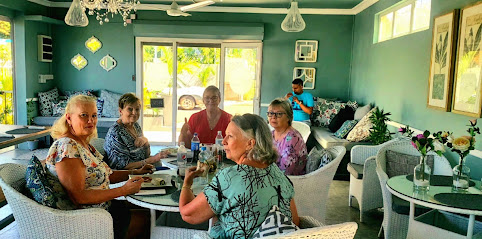
Bodrum Blue
Savor authentic Turkish flavors in a stunning coastal setting at Bodrum Blue, Grand Gaube's premier dining destination.
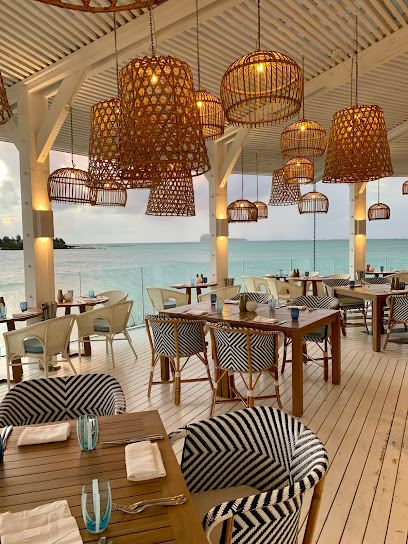
Le Bar & Vous
Discover the lively nightlife at Le Bar & Vous in Grand Baie, where great drinks and vibrant atmosphere create unforgettable experiences.
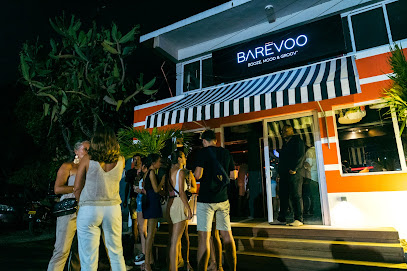
Inti
Experience the essence of Mauritian cuisine at Inti, a breathtaking restaurant in Grand Gaube offering delightful flavors and stunning ocean views.
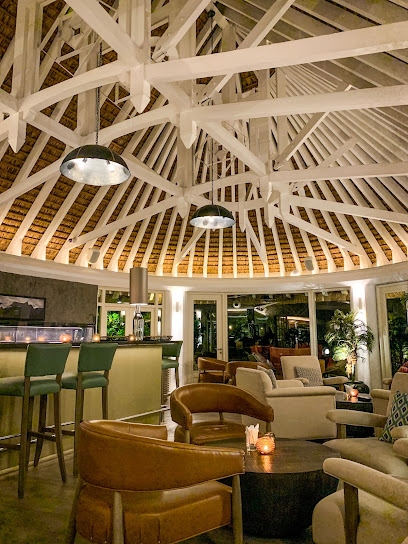
L'Atelier - Authentic Food & Selected wines
Discover the authentic flavors of Mauritius at L'Atelier, where exquisite food and selected wines create an unforgettable dining experience in Grand Gaube.
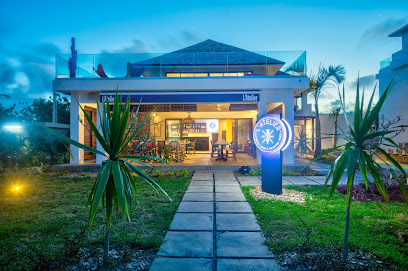
Creole Smoke House
Experience the authentic taste of Mauritius at Creole Smoke House, a culinary gem in Grand Gaube offering delightful Creole specialties.
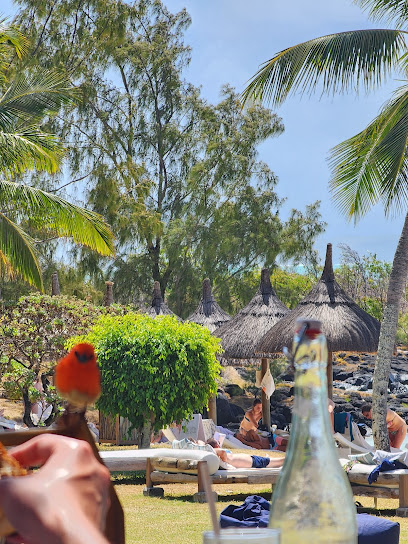
Amigo Bar - Drinks & Bites
Discover the vibrant atmosphere and delightful flavors at Amigo Bar, a must-visit destination for tourists in Cap-Malheureux, Grand Baie.
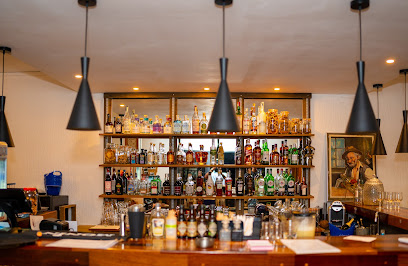
Bonanza Bar
Experience the vibrant spirit of Goodlands at Bonanza Bar, where flavorful drinks and a lively atmosphere create unforgettable memories.
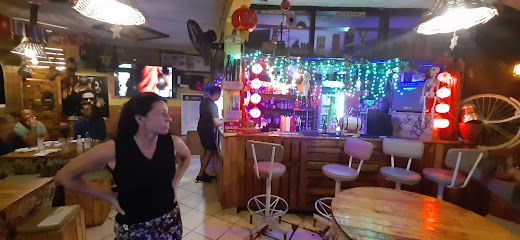
volkan pub
Discover the authentic taste of Mauritius at Volkan Pub in Grand Gaube, where every meal is a delightful experience in a vibrant atmosphere.
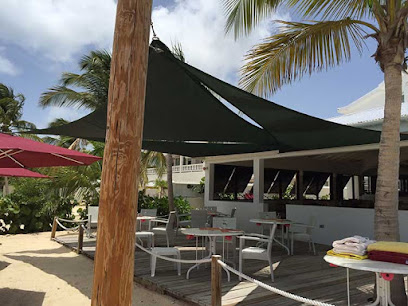
B52
Dive into the vibrant nightlife of Grand Baie at B52, where tropical drinks and friendly service set the scene for an unforgettable evening.
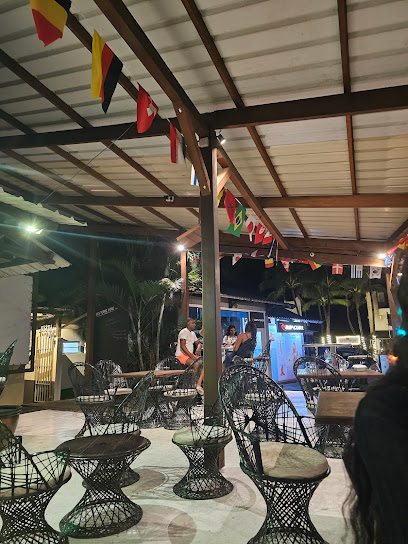
ROOFTOP (Restaurant - Bar & Lounge)
Discover the Rooftop Bar & Lounge in Grand Baie, where breathtaking views meet exquisite dining and vibrant nightlife in a tropical paradise.
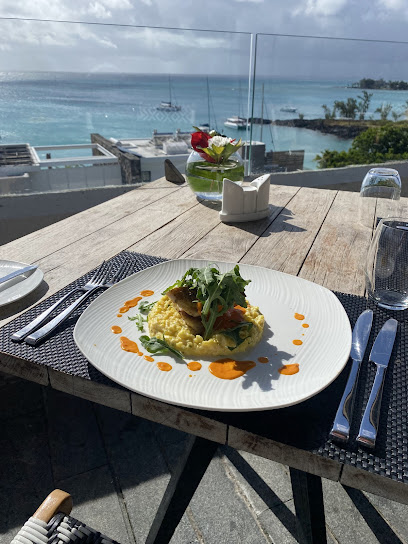
Beach Rogue
Experience the best of Mauritian cuisine at Beach Rogue, where delightful flavors meet stunning coastal views in Grand Gaube.
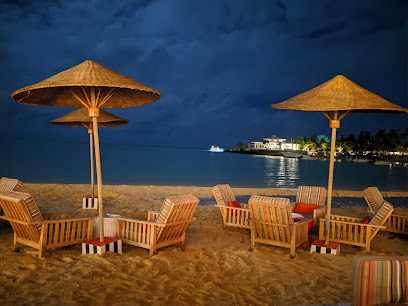
Bar
Experience the vibrant culture of Grand Baie at this charming bar, where locals meet and the drinks flow in a lively atmosphere.
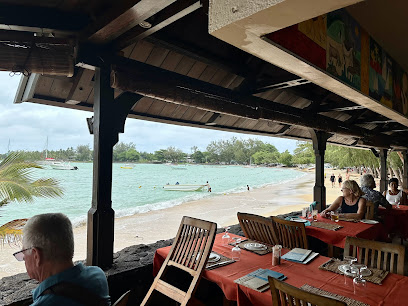
Local Phrases
-
- HelloBonjour
[Bon-zhoor] - GoodbyeAurevoir
[Ohr-ve-wahr] - YesWi
[Wee] - NoNon
[Non] - Please/You're welcomeS'il vous plaît
[Seel voo pleh] - Thank youMerci
[Mehr-see] - Excuse me/SorryExcusez-moi
[Ex-kew-zay mwah] - How are you?Kouma ou pe ale?
[Koo-ma oo peh ah-lay] - Fine. And you?Bien. Et ou?
[Byen. Ay oo?] - Do you speak English?To pe koze angle?
[Toh peh koh-zay ahn-glay] - I don't understandMo pa kompran
[Moh pah kohm-prahn]
- HelloBonjour
-
- I'd like to see the menu, pleaseMo ena menu silvouple
[Moh ay-nah meh-noo seel-voo-play] - I don't eat meatMo pa manze la viann
[Moh pah mahn-zay lah vee-ahn] - Cheers!Santé!
[San-tay] - I would like to pay, pleaseMo envi peye silvouple
[Moh ahn-vee pay-yeh seel-voo-play]
- I'd like to see the menu, pleaseMo ena menu silvouple
-
- Help!Aide!
[Eh-deh!] - Go away!Al ler!
[Ahl lehr!] - Call the Police!Appele lapolis!
[Ah-pehl lah-poh-lees!] - Call a doctor!Appele dokter!
[Ah-pehl dohk-tehr!] - I'm lostMo perdi
[Moh pehr-dee] - I'm illMo malad
[Moh mah-lahd]
- Help!Aide!
-
- I'd like to buy...Mo ena l'envie achete...
[Moh ay-nah lahn-vee ah-shet...] - I'm just lookingMo pe'na zwet
[Moh pay-nah zway] - How much is it?Kombien sa koute?
[Kohm-byen sah koo-tay] - That's too expensiveSa tro ser
[Sah troh sehr] - Can you lower the price?Ou kapav ba pri enba?
[Oo kah-pahv bah pree ahn-bah]
- I'd like to buy...Mo ena l'envie achete...
-
- What time is it?Ki ler lapli?
[Key lehr lah-plee?] - It's one o'clockLi enn ler
[Lee ahn lehr] - Half past (10)Demi dis
[Day-mee dees] - MorningMatin
[Mah-tahn] - AfternoonApremidi
[Ah-preh-mee-dee] - EveningSwar
[Swahr] - YesterdayZouryer
[Zoo-re-yehr] - TodayZourne
[Zoor-nay] - TomorrowDemain
[Day-mahn] - 1Enn
[Ahn] - 2De
[Day] - 3Trois
[Twa] - 4Kater
[Ka-tehr] - 5Sank
[Sahk] - 6Sis
[Sees] - 7Set
[Set] - 8Hwit
[Weet] - 9Nef
[Nef] - 10Dis
[Dees]
- What time is it?Ki ler lapli?
-
- Where's a/the...?Ki kote...
[Key koh-tay...] - What's the address?Ki adres la?
[Key ah-drehs lah?] - Can you show me (on the map)?Ou kapav montre mwa (sir latet)?
[Oo kah-pahv mohn-tray mwah (seer lah-teht)?] - When's the next (bus)?Kan proshen (bis)?
[Kahn proh-shen (bees)?] - A ticket (to ....)En billet (vers ....)
[Ahn bee-leh (vehr ....)]
- Where's a/the...?Ki kote...
History of Grand Gaube
-
Grand Gaube, located in the northern part of Mauritius, was first settled by the Dutch in the early 17th century. The area was known for its lush vegetation and abundant natural resources, which attracted settlers. The Dutch used the area for its strategic position along trade routes and for its rich fishing grounds.
-
Following the departure of the Dutch, Grand Gaube saw an influx of French settlers in the 18th century. The French established sugar plantations and brought enslaved Africans to work the land. The influence of French culture is still evident in Grand Gaube today, from the architecture to the local cuisine.
-
In 1810, Mauritius, including Grand Gaube, was ceded to the British after the Napoleonic Wars. Under British rule, the sugar industry continued to flourish. The abolition of slavery in 1835 led to the arrival of indentured laborers from India, who contributed significantly to the cultural tapestry of Grand Gaube.
-
Mauritius gained independence from British rule in 1968, and Grand Gaube began to develop rapidly. The village transitioned from a primarily agricultural economy to one that included tourism and fishing. This era marked the beginning of Grand Gaube's transformation into a sought-after destination known for its pristine beaches and vibrant culture.
-
Grand Gaube is a melting pot of cultures, reflecting its diverse history. The village is home to a blend of Creole, Indian, Chinese, and European influences. Traditional Sega music and dance, a vital part of Mauritian culture, can often be experienced in local festivals and gatherings. The local cuisine, featuring a mix of spices and flavors, is a testament to the area's rich cultural heritage.
Grand Gaube Essentials
-
Grand Gaube is located on the northern coast of Mauritius. The nearest international airport is Sir Seewoosagur Ramgoolam International Airport (MRU) in Plaisance, approximately 75 kilometers away. From the airport, you can take a taxi or a pre-booked shuttle service to Grand Gaube. The journey typically takes around 1.5 to 2 hours by road. Alternatively, you can rent a car at the airport and drive yourself, which allows for flexibility and the opportunity to explore the island at your own pace.
-
In Grand Gaube, local transportation options include taxis, rental cars, and buses. Taxis are readily available and can be hailed on the street or booked via phone. Buses are an affordable option for traveling to nearby towns and cities, though they may not run as frequently as in urban areas. Renting a car is highly recommended for those who wish to explore more remote areas and have the convenience of traveling on their own schedule.
-
The official currency in Mauritius is the Mauritian Rupee (MUR). Credit and debit cards are widely accepted in hotels, restaurants, and larger shops. However, it is advisable to carry some cash for smaller establishments, local markets, and tips. ATMs are available in Grand Gaube and nearby towns, allowing you to withdraw cash as needed. Currency exchange services are also available at the airport and in major tourist areas.
-
Grand Gaube is generally a safe destination for tourists. However, as with any travel destination, it is important to take standard precautions. Avoid walking alone at night in unfamiliar areas and keep an eye on your belongings in crowded places. While Grand Gaube does not have specific high-crime areas targeting tourists, it is always best to stay vigilant and aware of your surroundings.
-
In case of emergency, dial 999 for immediate assistance. Grand Gaube has a local police station and medical facilities available for urgent care. It is recommended to have travel insurance that covers medical emergencies. For minor health issues, there are pharmacies in the town where you can purchase over-the-counter medications. Make sure to have a list of emergency contacts and important information handy during your stay.
-
Fashion: Do dress modestly, especially when visiting religious sites or local villages. Avoid wearing overly revealing clothing. Religion: Do respect local customs and traditions. Remove your shoes and cover your head when entering places of worship. Public Transport: Do be respectful and give up your seat to elderly passengers. Don’t eat or drink on public transport. Greetings: Do greet people with a handshake or a friendly nod. A smile goes a long way in Mauritius. Eating & Drinking: Do try local delicacies and accept food offerings graciously. Don’t refuse hospitality, as it is considered impolite.
-
To experience Grand Gaube like a local, visit the local markets where you can buy fresh produce and traditional Mauritian goods. Engage with locals, as they are often friendly and willing to share stories about the area's history and culture. Don’t miss visiting the nearby fishing villages, which offer an authentic glimpse into the local way of life. For a unique experience, take a boat trip to the nearby islands, which offer stunning natural beauty and opportunities for snorkeling and swimming.
Trending Landmark in Grand Gaube
-
Chamarel Seven Colored Earth Geopark
-
Notre-Dame Auxiliatrice de Cap Malheureux
-
LUX Grand Gaube
-
Citadelle (Fort Adelaide)
-
Veranda Paul et Virginie Hotel & Spa
-
La Margherita Pizzeria
-
Butte À L'herbe
-
Martello Tower Museum
-
Mythic Suites & Villas - Conciergery & Resort - Mauritius
-
Coral Apartments
-
At Linda's Place Restaurant and Rum Bar
-
Bodrum Blue
-
Slave Route Monument
-
Grand Gaube Public Beach
-
Dodo Divers
Nearby Cities to Grand Gaube
-
Things To Do in Grand Baie
-
Things To Do in Riviere du Rempart
-
Things To Do in Trou aux Biches
-
Things To Do in Pamplemousses
-
Things To Do in Pointe aux Piments
-
Things To Do in Poste de Flacq
-
Things To Do in Port Louis
-
Things To Do in Belle Mare
-
Things To Do in Mahebourg
-
Things To Do in Flic en Flac
-
Things To Do in Tamarin
-
Things To Do in Blue Bay
-
Things To Do in Chamarel
-
Things To Do in Le Morne
-
Things To Do in Bel Ombre









